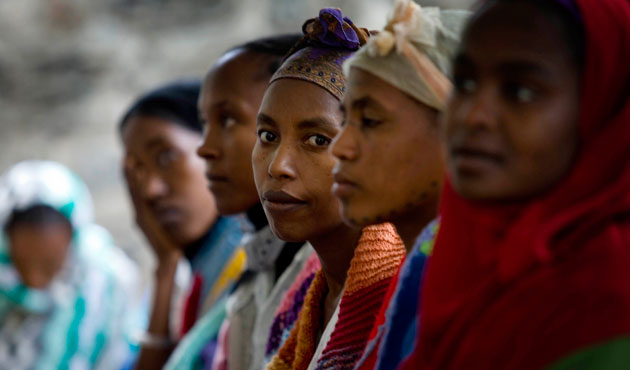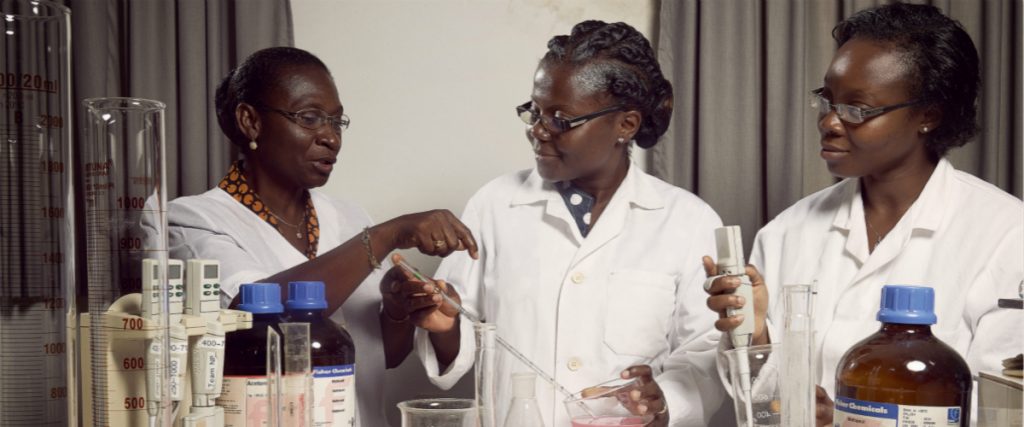The Aga Khan University (AKU) Medical College in collaboration with the Aga Khan Health Services (AKHS) and Muhimbili University of Health and Allied Sciences (Muhas) yesterday organised a two-day Symposium on “Women’s Health in the Sustainable Development Goals (SDGs) Agenda ” in the city.
The symposium, which brought together the research community, policymakers, civil society, Non-Governmental Organisations and private sector, discussed women’s health issues and to explore existing challenges in understanding gender and ethnic disparities in the health care in the East African region. In addition, the participants reviewed the existing evidence and proposed innovative solutions to contribute to improvements in reproductive, maternal, newborn, child and adolescent health in the EAC region.

Tanzania’s ministry of health assistant director of Reproductive and Child Health Services Programme, Dr Ahmad Makuwani, officiated the opening of the symposium on behalf of Health permanent secretary, Dr Mpoki Ulisubsya.
Furthermore, the participants during the symposium discussed maternal mortality burden in the region and proposed ways of combating it. Maternal deaths in Tanzania with a ratio of 556 per 100, 000, represents 18 per cent of all deaths of women aged between 15 and 49.
“It is high time for all respective ministries in the region and health stakeholders to closely work together and contribute towards curbing maternal deaths, ” Dr Makuwani said when addressing the participants.
According to World Health Organisation (WHO) statistics, approximately 830 women die per day due to complications related to pregnancy and delivery.
However, by 2030 as part of the SGDs, the target is to reduce the maternal mortality to 70 women per 100, 000. Dr Makuwani used the occasion to commend the Aga Khan University for its contribution in producing high skilled healthcare attendants including doctors and nurses who play a key role in transforming the country’s health sector.
He added: “There is a need for more efforts of creating an enabling environment with a view to motivating the healthcare providers countrywide to effectively provide quality medical services,”
For her part, East Africa director of Centre of Excellence in Women, Child and Adolescent Health, Prof Marleen Temmerman advised the EAC member states to massively invest in family planning interventions, citing that birth control was the key driver to combat maternal mortality in the region.
“Interventions like family planning have proved to work perfectly in Europe and in other developed countries in reducing maternal deaths,” Prof Temmerman said when she spoke to The Citizen after the symposium.
She further advised on a need to train local healthcare providers to enable them to provide quality medical services to women in rural areas.
“Global health financing isn’t enough to address all existing challenges facing the sector, hence the governments are ought to increase their national health budget allocations to facilitate implementation of various health programmes designed to combat health burdens in the region, ” Prof Temmerman said.

